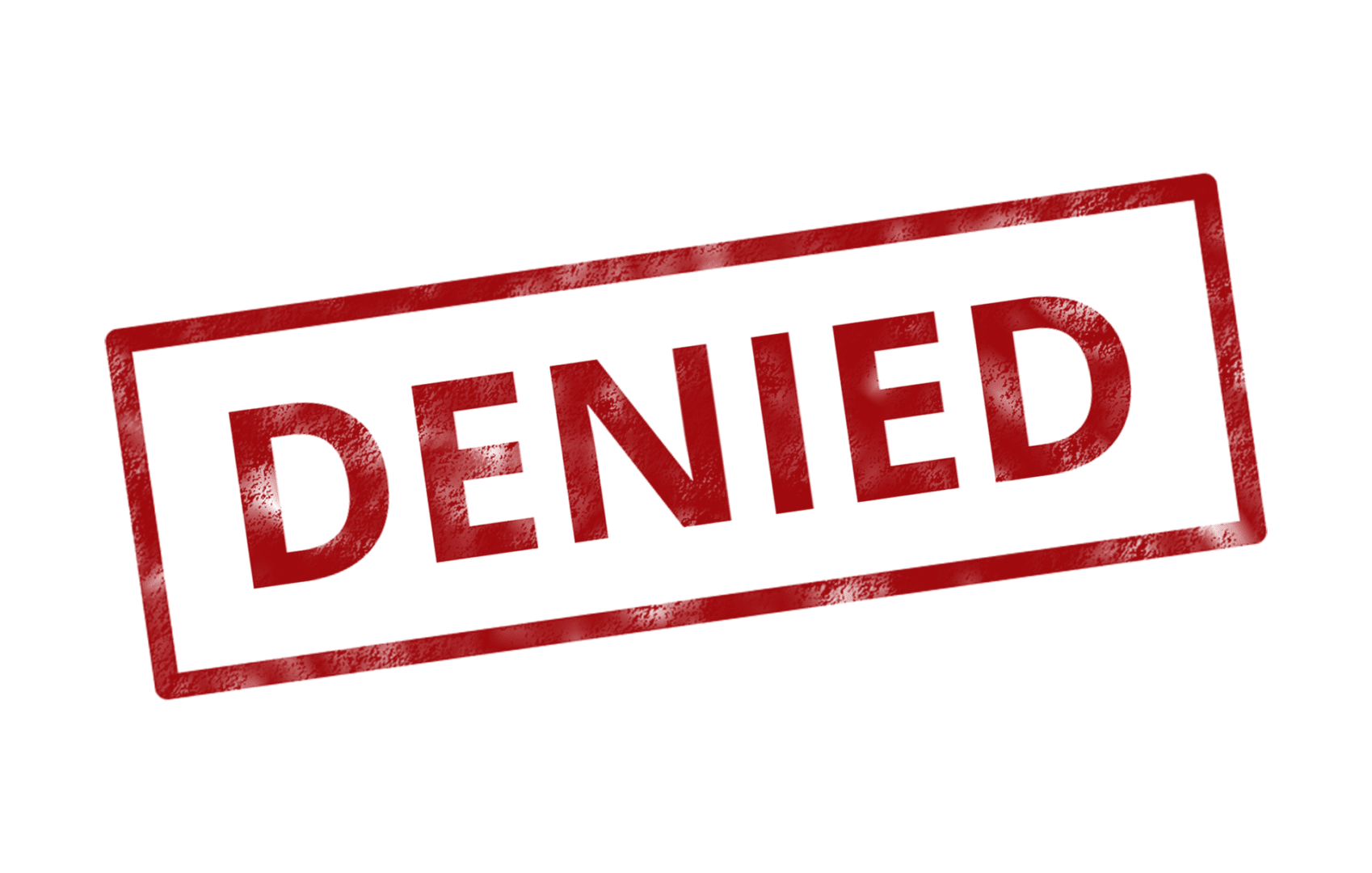Once a law suit is filed, both an insured and insurer have obligations to fulfill under their policy agreement. Indiana law recognizes the validity of cooperation clauses and an insured’s breach of that clause can preclude recovery under the policy. This can be worrisome for injured plaintiff’s dealing with a non-compliant defendant. There are three main things a plaintiff needs to know when faced with a defendant failing to communicate with their insurer: what the defendant’s obligations are, what the insurer must prove, and how an injured plaintiff can respond.
Generally, there are conditions that an insured must comply with before recovering under the policy. Such conditions often include notice to the company, time, place, and other circumstances of the accident, as well as the name and addresses of the injured. Additionally, a false furnishing of information on the part of the insured has been held a breach of cooperation. Though an inconsequential lack of cooperation will likely be insufficient to void a policy.
When there is a breach of the cooperation clause, the insurance company can seek to relieve their liability. Before the insurance company asserts the noncooperation defense, they must show:
- That the company used good faith and diligence to obtain the insured’s cooperation
- That the insured’s breach of cooperation clause was intentional and willful
- That the insured’s failure to cooperate prejudiced the company in its defense of the insured
Insurer’s Good Faith
The insurer must demonstrate the reasonableness of the means used to acquire cooperation from the insured. The reasonableness of the insurance company will be decided on a case-by-case basis. This requirement protects both the injured and the insurance company by placing the burden to obtain cooperation on the company. Courts have said it is not an unreasonable burden for insurance companies to contact the police, place of employment, and post office for forwarding addresses of their insured. Further, it has been said an insurer failed to use good faith and diligence when the insured was unaware of the suit. Med. Assur. Co. v. Miller, 779 F. Supp. 2d 902, 919 (N.D. Ind. 2011).
Intentional and Willful
The insured’s failure to cooperate with the insurance company must be intentional. An insurer’s actions are insufficient when an insured initially reports an action and the insurer fails to continue contact. The insured’s lack of communication is not intentional in this situation and will not preclude recovery under the policy. Newport v. MFA Ins. Co., 448 N.E.2d 1223 (Ind. Ct. App. 1983).
Actual Prejudice
In Indiana, the insurer must show the insured’s absence caused actual prejudice. The lack of cooperation must be material, actual prejudice will not be assumed simply from absence. That is, the insurer received a less favorable verdict due to the insured’s absence. Thus, courts will likely deny an insurer’s noncooperation defense until the underlying action has ended and actual prejudice can be shown.
Reservation of Rights
An insurance company’s denial to defend their insured comes at their own peril. Which means, if the court finds the insurance company failed to prove noncooperation, they will be liable for the underlying action. Indiana law allows insurer to proceed under a “reservation of rights” to protect companies from breaching their duty to defend. “An insurance company reserves its right to deny coverage, in a subsequent declaratory action, while at the same time it defends the insured. ‘Such is the purpose of a reservation of rights: to allow the insurer to fulfill the broad duty to defend while at the same time investigating and pursuing the narrower issue of whether indemnification will result.’” Wilson v. Cont’l Cas. Co., 778 N.E.2d 849, 852 (Ind. Ct. App. 2002) citing Gallant Ins. Co. v. Oswalt, 762 N.E.2d 1254, 1260 (Ind.Ct.App.2002).
Why Should This Concern Plaintiffs?
This can worrisome for a plaintiff in a personal injury case, obtaining a positive verdict then finding themselves unable to recover under an insured’s policy due to lack of cooperation. Though Indiana law does not require insurance companies to disclose such information, there are certain steps a plaintiff may take to protect their interests. “A plaintiff may inquire during discovery as to whether an insured’s non-cooperation has been or threatens to become an issue as litigation continues—and/or to inquire whether the insurance carrier is proceeding under a reservation of rights—it may do so. At that point, the insured’s counsel—who may or may not be retained by the insurance company, but in either case may or may not be aware of the extent to which the insured is “cooperating” under the terms of the insurance contract—can inquire of the insurance company and give the appropriate response.” Gallant Ins. Co. v. Oswalt, 762 N.E.2d 1254, 1262 (Ind. Ct. App. 2002)





